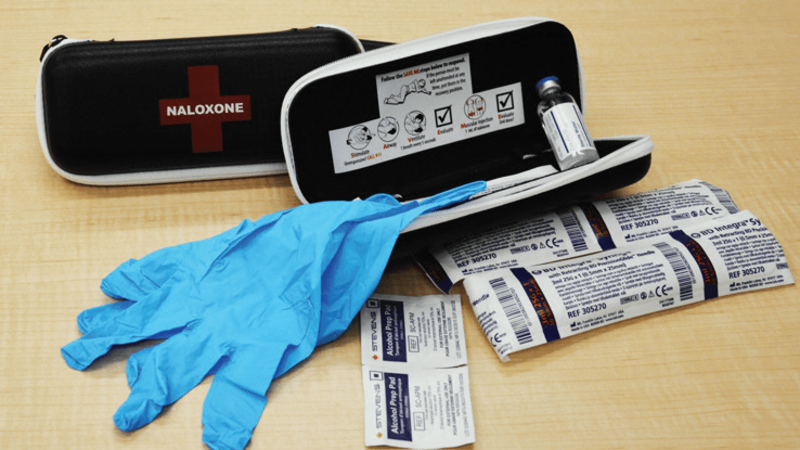
Meadow Lake RCMP, Saskatchewan Health Authority working to combat increased presence of crystal meth
The Meadow Lake RCMP detachment has taken on initiatives to help reduce crime and gang activity identified as some of the most harmful behaviours in the community. However, there is another trend that has proven to be detrimental to the community’s health and well being that local enforcement is not completely qualified to handle: the increasing use of hard drugs.
In an interview with meadowlakeNOW, S/Sgt Ryan How explained the local RCMP detachment identified the increased presence of crystal meth as one of the most concerning trends in the community.
As a synthetic stimulant, the effects of crystal meth can have an intense impact on an individual’s physical and mental health. Prolonged use of this narcotic has been proven to cause significant brain damage, severe health complications and strained/broken personal relationships. Unfortunately, these effects can last long after a person decides to quit taking the drug and if a dependency has formed, treatment can become highly difficult and challenging.
How explained when the RCMP is contacted regarding individuals using methamphetamines, there are typically two scenarios that play out. The first of which is when someone is intoxicated and has become a risk to others safety. Identified as the most common instance, members of the RCMP are involved in what is described as a ‘very volatile and dangerous’ situation as How stated the effects of the drug reduce the individual’s ability to act reasonably.


